The International School of Choueifat, Dubai Investments Park 1
Located in Dubai Investments Park, The International School of Choueifat -DIP is the second SABIS® school in Dubai. Our review of the original school can be found here.
Making the decision to Choose a SABIS® school for the education of their child(ren), we believe, should be a considered one, for prospective parents.
There are qualities to a SABIS® education that will draw some parents. But, equally, SABIS® schools have an educational ethos, methodology and approach to each child’s education and development that is not comparable to any other educational curricular option facing parents.
SABIS® school represent an alternative to mainstream education, not a choice within it.
First what makes it special? The absolute inclusivity of its welcome to all children regardless of their academic ability is impressive. But, more importantly, this carries with it a promise that no child in a SABIS® school will ever be left behind. This is built on an absolute belief in their way of educating children so that all children will reach their potential. For SABIS® schools, all children have the innate capacity to excel.
https://vimeo.com/166933554
“No one who studies in a school in the SABIS® Network is allowed to “fail in peace. In the SABIS® network of schools, no child is allowed to fall through the cracks.” Jamal Hazbun. Principal. The International School of Choueifat Dubai Investments Park
This inclusive context should not be under-estimated. For many parents, this promise alone is sufficient to make SABIS® schools the only option in an educational system which elsewhere, to some degree, inevitably “streams” children and accepts that some will have flightpaths that pitch their eventual destination at a lower level than other children.
In terms of delivery of each child’s education, the SABIS® program dominates absolutely – facilities, environment, teacher attitudes, relationships between parents and the school, curriculum; everything is rigidly tied to the program. Whilst it may be a simplification, there is truth, for example, in the limitations of parental involvement in their child’ education – and in communicating with teachers. Once a child is delivered to SABIS®, the school has to follow its programmes, without compromise, to meet its own original promise to deliver for the children under its care. This can be very hard on parents seeking engagement with a SABIS® school, or to seek modifications based on their perceived needs for their child(ren). In SABIS® schools, ultimately parents make a decision in some ways not dissimilar to parents choosing a boarding school; school life and a child’s education becomes remote from home. Home life, and holidays, as a result, become exceptionally important to provide balance and protect family bonds and the parental role in the development of children.
Each child’s education, because it is rigidly applied, and because the promise is to deliver very accomplished children, is strict and challenging. The environment meets almost every standard of the definition of a hothouse school. The difference, however, is that it is unheard of outside SABIS® schools for the hothouse approach to be applied to mixed ability children. Generally, hothouse schools are founded on strict academic selection. Parents at SABIS® schools make a trade-off here to place their children in a very rigid academic system of education for the promise of results, and ultimately a child’s ability to secure a successful career, or Tier 1 university place, on graduation.
“Practically all students educated in SABIS® Network schools go on to graduate from reputable universities, and a large percentage of them go on to pursue advanced university degrees.” SABIS® 2016
It is also the case that many, many children report that a SABIS® education made them who they are – there is quite an extraordinary level of commitment by many who have been through its schools. Certainly our sister site, WhichsShoolAdvisor.com, has had significant feedback from students in praise of their school. However, there are also many teachers, students and parents who have found the rigidity of the system simply too high a price to pay. A telling indicator of SABIS® schools, from a teacher perspective, is that they turn education on its head: teachers find themselves deluged in marking, but with almost no preparation, or lesson planning needed at all for their classes.
It is worth noting that SABIS® schools do have a very powerful system for helping any child that falls behind, with comprehensive initiatives including Sumer Schools, out-of-school catch up programmes and even re-structuring of a child’s education in toto. The commitment to parents, and each child, to never leave any child behind, is absolute – as long as the child does not give up.
Most telling of all, follows from this unwavering belief in inclusivity: SABIS® schools do not in practice accept the differences of children with Special Educational Needs (SEN). ‘All children can and will succeed’ means, for SABIS® schools, just that.
All this said, as our sister site WhichsShoolAdvisor.com, makes clear, SABIS® does not help itself in terms of publishing its academic results so that parents can actually benchmark its provision against alternative curricular and methodologies. We again call for SABIS® schools across the Emirates to publish this information, and include added value calculations that highlight its success in helping all children regardless of their academic starting points.
We have not explored here facilities (of a good standard), or even school size (at 3000+ role capacity, this is a large school by any standards). With a SABIS® school, these are not issues. The program works with what SABIS® understands is necessary.
It is worth noting that the Dubai Schools Inspectorate is far from convinced. This approach to education is controversial. It certainly will not suit all children, nor many parent’s commitment to an individual, whole-child, care, rather than academically, driven education. KHDA Inspectors critique is generally consistent across all SABIS® schools:
- Education does not match the individual needs of children
- There is no adequate identification of children on the Special Educational Needs spectrum, whether the weakest or those who are Gifted and Talented [G&T]
- Parents have insufficient access to the school or teachers
- The SABIS® system is so rigid that it cannot include even the fundamental requirements of MOE provision in Arabic language and broader cultural Arabic, Islamic and Emirati contexts
It is worth quoting the KHDA in full:
“The school’s leaders were adamant that there were no students with SEND, so did not collect data on the progress and outcomes of these students.” KHDA. 2016.
This does not mean, however, that, outside SABIS® schools, many of its children would not be identified with SEN – it is just that this context and labelling is not recognised by SABIS®. They would argue that all children in their schools will succeed so there is no point in differentiating children. To do so would fundamentally undermine their educational philosophy and approach.
The problem of benchmarking is compounded because, whilst the school does have an (impressive) hybrid curriculum – one offering on the US side both Advanced Placement and SAT options, and on the UK side, both IGCSE and A Level options, it is not clear that all children take these, or what results are achieved. Although students take more examination in a SABIS® school than any other, these are internal. It is not clear what the value of a SABIS® qualification in isolation is for university entry.
We do understand, however, that the expectation is that students will undertake International General Certificate of Secondary Education (IGCSE) courses and that, thereafter, students can choose between a two-year A-Level Programme or a one-year programme at the end of which they may sit for the American Advanced Placement® (AP) exams. In either case, the students may finish the High School Diploma in Grade 12 and also sit for SAT exams. There is no published curricular programme to identify subject choice however in either curricular to give reality to this, or provide sufficient depth of information for us to guide prospective parents. It is also worth noting that the school will reach full K12 provision in September 2017 for the first time.
Our bottom line? Unlike many, we do not dismiss a SABIS® education out-of-hand. Our view is more nuanced. No one can fail to be impressed by the school’s inclusivity, nor the founding, unwavering, belief in all children’s abilities that guides all its teaching – in method and practice. The difficulty is measuring the price that children will pay in attending a SABIS® school. For some children, the experience is, no question, a fabulous one. For many children, particularly when their home life is loving and imbued with broader whole child development, SABIS® schools offer a chance to excel that they may not have had elsewhere.
However, for other children, the approach can simply be unbearable. Because the SABIS® curriculum diverts from mainstream alternatives there may well be complications too in moving out of the SABIS® system once a child has enrolled.
On whatever grounds parents ultimately make their decision, it should not, we believe, be one based on fees. These, lying between 23,263AED at KG and 44,296 AED in Grade 12, are low mid-tier, offer value – and will clearly have a natural pull on parents with limited resources. The opportunities, compromises, risks and impacts, however, are too many for us to guide parents in any absolute way – but it is here, in these complex equations, parents should focus their decision making.
The International School of Choueifat -DIP will provide an extraordinary, rich education for some children. It may well help many children who might have been lost in alternative schools. But the school is completely inappropriate for another body of children and we can only, therefore, advise prospective parents to visit the school with an open mind and then face one of the most difficult decisions in their child(ren)’s lives with a sense on the ground of the school in practice.
Even then we suspect it will not be an easy one.
REVIEW COMING SOON on WhichSchoolAdvisor.com Go to GROUP REVIEW on WhichSchoolAdvisor.comPrivate, for-profit
KG1: 23,263
KG2: 24,856
GRADE 1: 26,450
GRADE 2: 26,769
GRADE 3: 27,087
GRADE 4: 29,318
GRADE 5: 29,955
GRADE 6: 31,229
GRADE 7: 33,780
GRADE 8: 35,054
GRADE 9: 36,966
GRADE 10: 39,834
GRADE 11: 43,339
GRADE 12: 44,296
GRADE 13: NA
Hybrid:
(1) SABIS
(2) National Curriculum for England:
IGCSE
AS
A' Level
(3) United States/American
Advanced Placement (College Entrance Examination Board (CEEB))
SAT (College Entrance Examination Board (CEEB))
College Entrance Examination Board (CEEB)
Cambridge International Examinations (CIE)
Accreditation:
(1) The National Council for Private School Accreditation (NCPSA)
(2) Accreditation International (AI)
Phased launch September 2017
Not published
Phased launch September 2017
Phased launch September 2017
Not published
Notes
(1) KHDA record that only a limited number of students sat for IGCSEs
Not published
Notes
(1) KHDA record that only a limited number of students sat for IGCSEs
Not published
Not published
Academically inclusive
Notes:
(1) The criterion for acceptance into ISC-DIP is a willingness to put in the effort to achieve full potential, not high “innate” ability.
(2) Placement into a grade level is determined by academic attainment, with age acting as a limiting factor.
(3) Students applying to enter Grade 1 and above take diagnostic tests to determine accurate placement - NOT to determine whether they will, or will not, be refused a place
(4) Students who are found to be behind academically are rarely refused. Instead, they are offered, at an extra cost, one of several different solutions, depending on their academic needs. This may include either a catch-up, fast-track 6-week Summer School or a tailored "Special" academic teaching program offering accelerated learning to enable the fastest possible joining of regular classes. "In many cases, Special students complete the work of two or more scholastic years in one."
Yes
Not published
Capacity: 3,000+
Current role: 2,719
1:23
Irish
39%
2012 (September)
Dubai Investments Park 1, Dubai
Arab (largest nationality)
Special Educational Needs Disability (SEND):0 (Please read review)
Mixed, co-educational
Yes
Hisham Hassan / SABIS Educational Services
+971 (0)4 884 7884
40%
46.6%
53.3%
53.3%
40%
46.6%
53.3%
53.3%
40%
40%
40%
20%
20%
20%
40%
40%
40%
40%
20%
40%
40%
60%
40%
0%
20%
• Genuinely academically inclusive
• Founded on a belief that all children can shine and excel – no exceptions
• Promise that no child will ever be left behind
• Many children excel – and thrive in the school
• Hothouse, driven educational environment and curricular
• Parental relationships are limited by design to ensure the success of its schools
• Lack of transparency makes it difficult to judge the school’s success
• Some children will struggle, at the very least, initially











































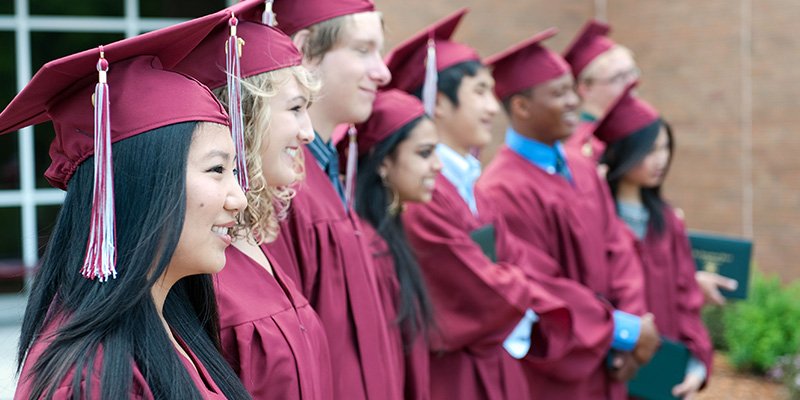

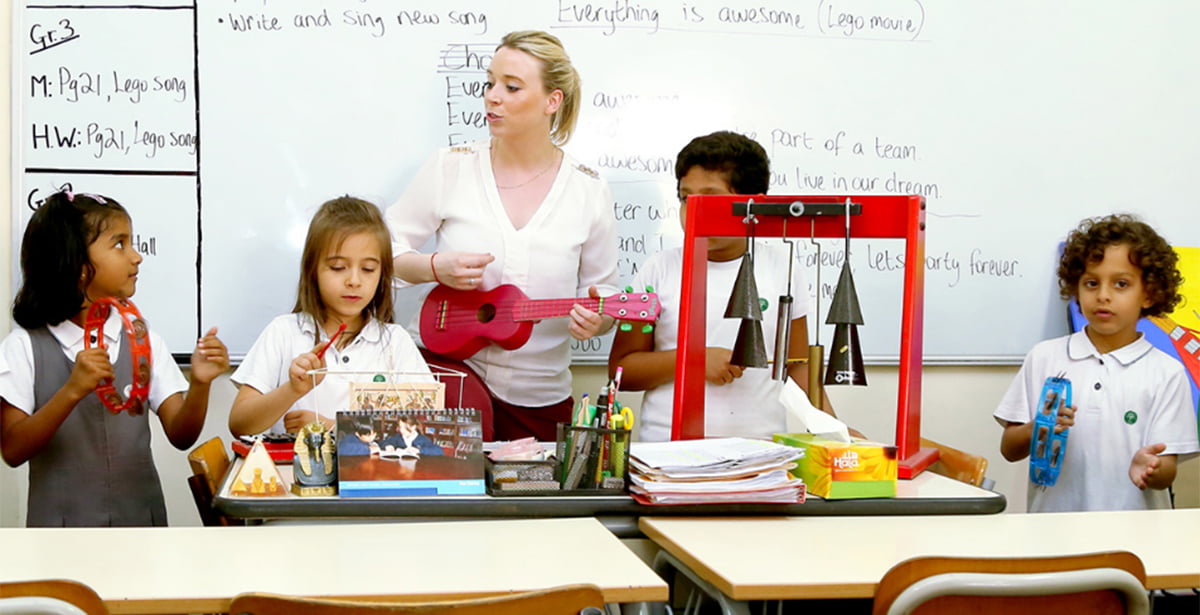
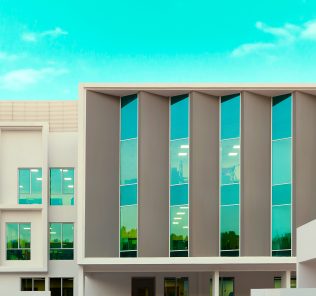
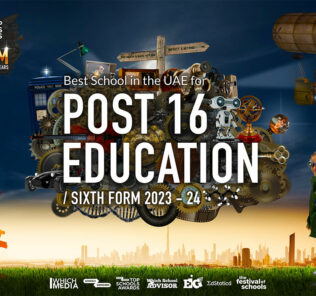

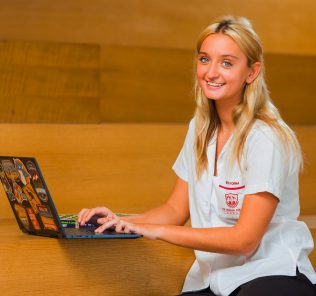
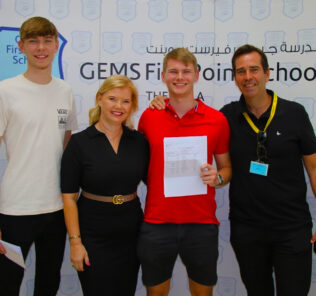

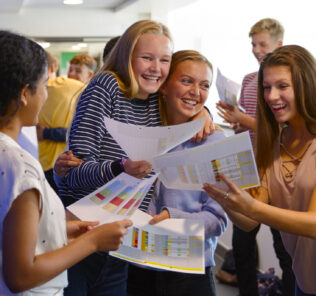
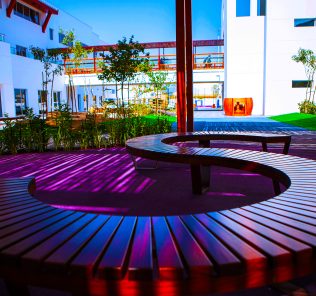
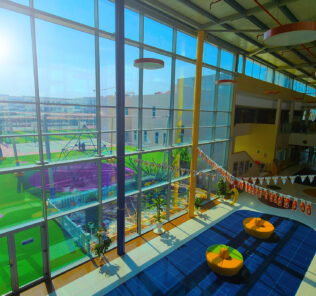
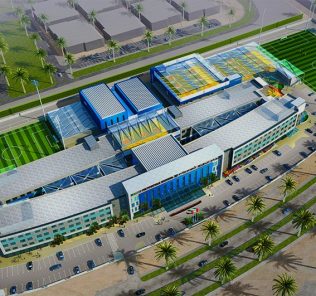
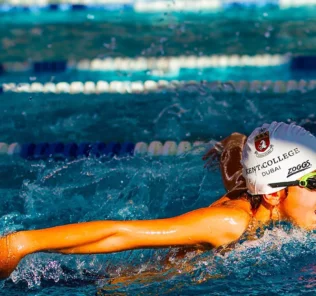
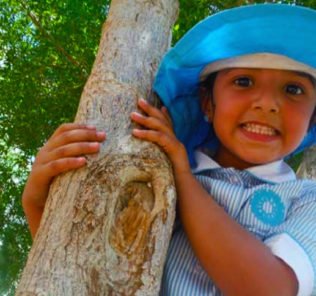
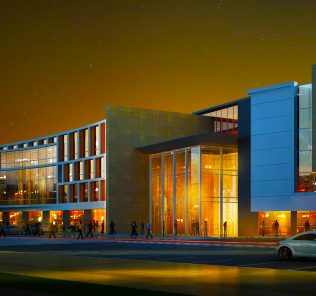

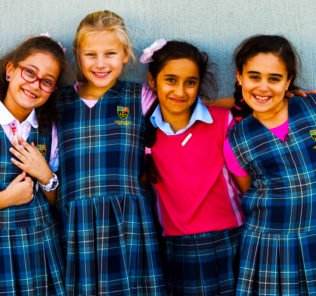













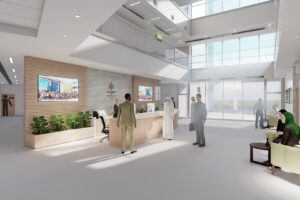
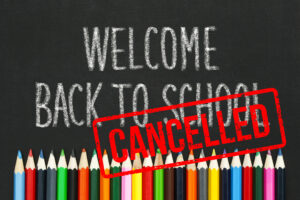
Leave a Response